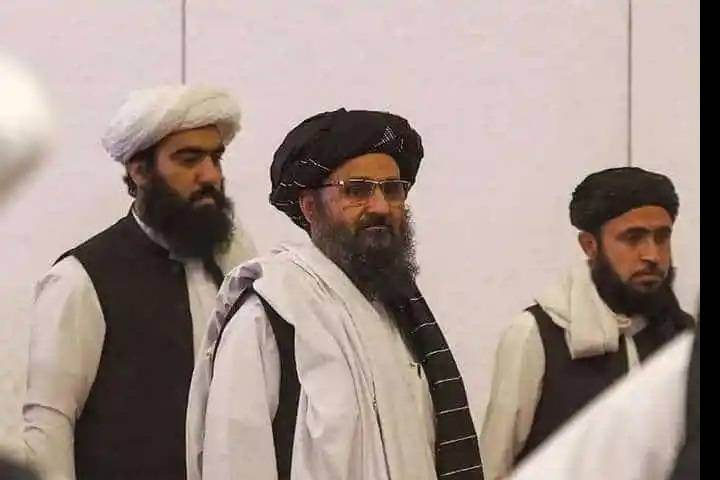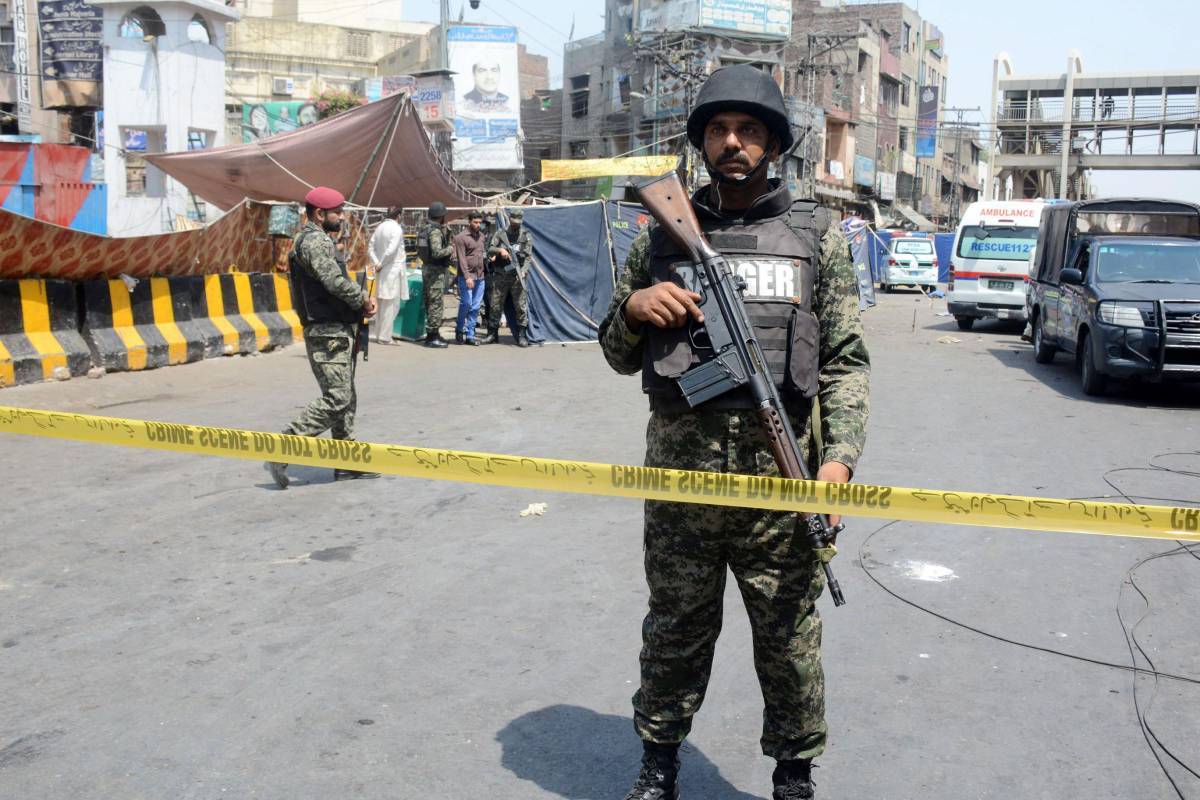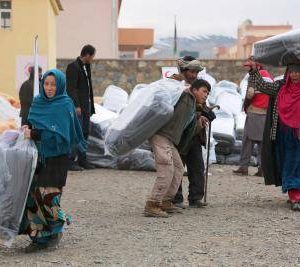That the US, European Union and 20 other countries condemned the Taliban over allegations of summary killings of former police and intelligence officers is a sure sign of continued global antipathy towards the Taliban regime in Afghanistan, a report by Asian Lite News
The Taliban-led government, controlled today by the Haqqani Network, a loyal proxy of Pakistan, is in the news once again for having summarily killed several former members of the Afghan National Security Forces (ANSF). These killings and disappearances have been documented in a report recently published (December 4) by Human Rights Watch (HRW). The international condemnation of the actions of the Taliban demonstrate that the West is still far from recognising a regime well known for its brutal ways. That the US, European Union and 20 other countries condemned the Taliban over allegations of summary killings of former police and intelligence officers is a sure sign of continued global antipathy towards the Taliban regime in Afghanistan.
The statement echoing the sentiments of the world came after HRW’s documentation (November 30) of the killing or disappearance of at least 47 members of the ANSF including military personnel, police, intelligence service members, and paramilitary militia, who had surrendered to or were apprehended by Taliban forces between August 15 and October 31. HRW said its research also showed that the Taliban have killed or forcibly disappeared more than 100 former members of the ANSF in the provinces of Ghazni, Helmand, Kunduz and Kandahar provinces. The main findings of the report come from the provinces of Ghazni, Helmand, Kandahar, and Kunduz provinces, but the cases reflect a broader pattern of abuses reported in Khost, Paktiya, Paktika, and other provinces.
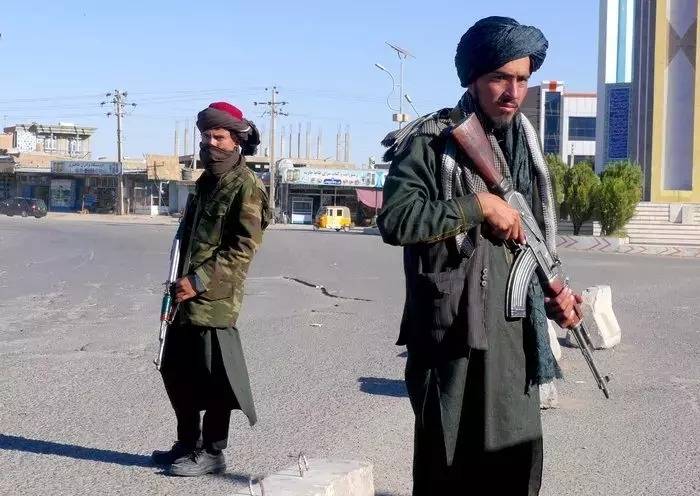
The recent statement is perhaps the strongest issued on the Taliban since August 15. Countries said they were “deeply concerned” by the allegations and underlined that the “alleged actions constitute serious human rights abuses and contradict the Taliban’s announced amnesty” for former Afghan officials. They called on the Taliban “to effectively enforce the amnesty for former members of the Afghan security forces and former Government officials to ensure that it is upheld across the country and throughout their ranks”, and urged prompt and transparent investigations into the reported killings. The countries include Australia, Canada, France, Germany, Japan, the UK and Ukraine.
US officials had held talks with Taliban representatives in Qatar and expressed deep concern over human rights abuses and urged the Taliban to provide countrywide access to education at all levels for women and girls. Shortly afterwards, (December 2), the Taliban released a decree on women’s rights which states that women should not be considered “property” and must not be forced into marriage. The decree, supposedly issued by Taliban supremo, Haibatullah Akhundzada states that “both (women and men) should be equal. No one can force women to marry by coercion of pressure”. Can the world consider this a small step in the right direction? Actually, the answer is that it is small step taken under pressure and with no guarantee that it will be enforced.
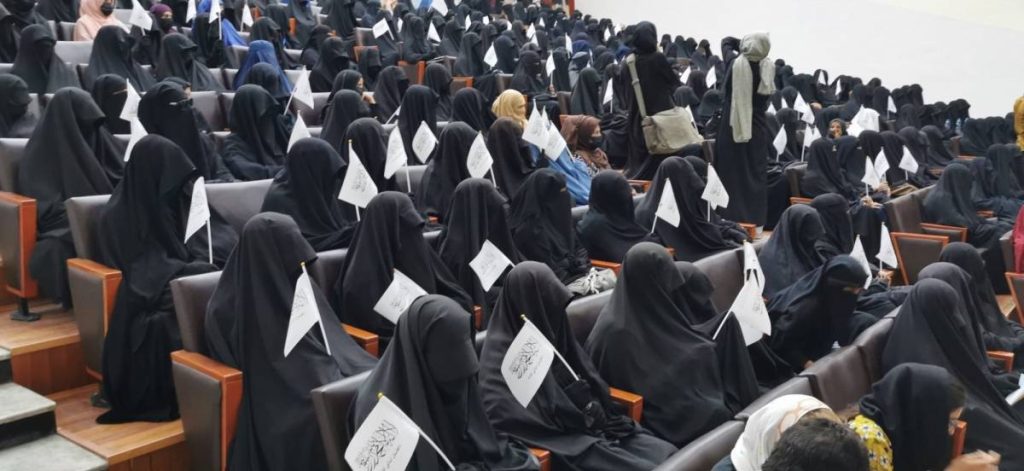
Recall that the Taliban, keen to gain international recognition, had pledged in August this year that its rule would be different to its previous time in government in the 1990s, which included public stonings, limb amputations of alleged criminals and a ban on women’s education. However, every single step taken by the �so-called’ government in Afghanistan has been retrograde and continues to carry out violent punishments. The UN has also expressed concern about “credible allegations” that the Taliban has carried out reprisal killings since their victory. In its latest report, HRW said Taliban leaders had directed the surrendering by security forces personnel to register with authorities to be screened for ties to certain military or special forces units. Subsequently, personnel were to receive a letter guaranteeing their safety. However, the Taliban used these screenings to detain and summarily execute or forcibly disappear individuals within days of their registration, leaving their bodies for their relatives or communities to find, says HRW.
It also notes that the Taliban had announced the establishment of a Commission to investigate reports of human rights abuses, corruption, theft and other crimes but said the commission had not announced any investigations into any reported killings. In an undated audio recording, Taliban Deputy Chief and Afghan Interior Minister Sirajuddin Haqqani is heard appealing to “our brothers to cooperate with the Commission and don’t protect or support any individual of bad character on the basis of personal friendship”. More likely this was just a publicity stunt meant to impress the international community, but the reality is far more sinister.
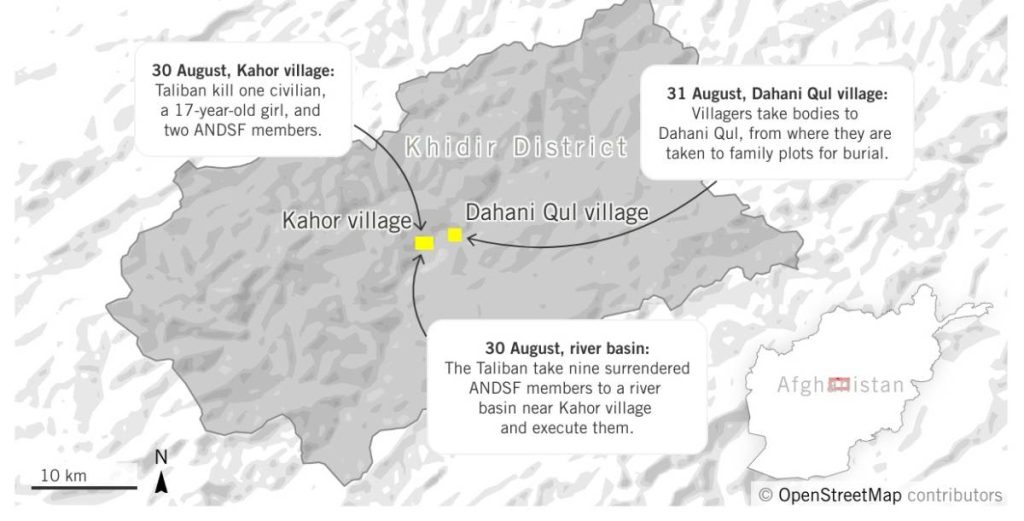
Targeted killings by the Taliban have been a regular feature even prior to the takeover of Afghanistan of 15 August. The BBC states (December 5) that in August, an Amnesty International report found that 300 Taliban fighters had travelled to an area near Dahani Qul village (DaykundiProvince) on 30 August 2021, where former government soldiers, some of whom had been staying with their families. Amnesty says the Taliban executed 13 ethnic Hazaras, 11 of whom were former soldiers who had already surrendered, two more died in the crossfire and a further two civilians were killed during the fighting that ensued, including a 17-year-old girl.
Prior to August 15, after penetrating the weak Ashraf Ghani government, the Taliban had taken systematic measures to root out opposition in the weeks before they overran Kabul. Revenge killings, including targeting of government officials, were already on the rise in major cities and along key highways. This was evident in July 2021, when Taliban forces escalated operations around Kandahar city and carried out summary executions of surrendered and captured members of the security forces. Similar patterns have emerged in many other provinces, including since August 15. The HRW report aptly concludes that the Taliban’s unsupported claims that they will act to prevent abuses and hold abusers to account appears, so far, to be nothing more than a “public relations stunt”.
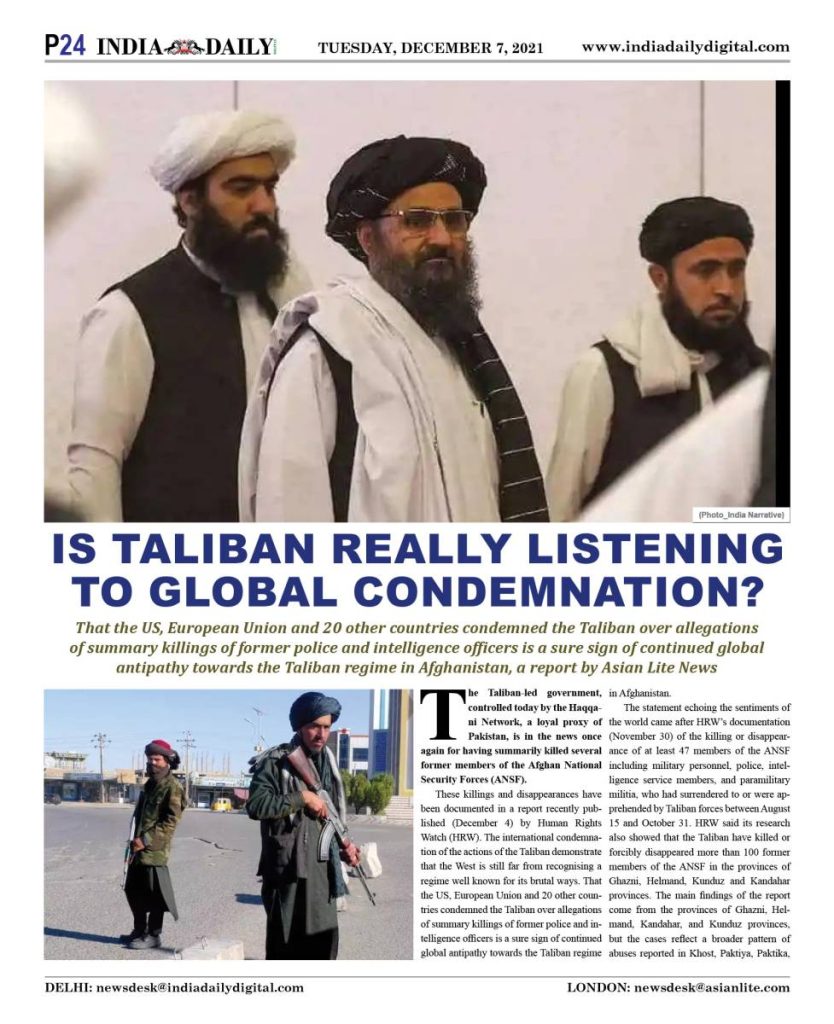
Russia has repeatedly warned that Afghanistan could become the place for civil war if the Taliban were unable to properly govern. However, the challenge of governing Afghanistan is also linked to the availability of funds. The Taliban alleges that the freezing of Afghan central bank assets amounting to US$ 9.5 billion has obstructed the proper functioning of government. While this may be a fact, it does not mean that the Taliban is anywhere near to having a functional system of administration.
As of now, it has a Cabinet with many UN proscribed individuals and a loose administration the roots of which are really an extension of the Quetta Shura. The most important thing to note is that with a gory past behind them, the Taliban will find it difficult to change their colours. The truth is they do not want to change, and even if they decide to do so, Pakistan will not allow it. That is the reality of the new Taliban today.


